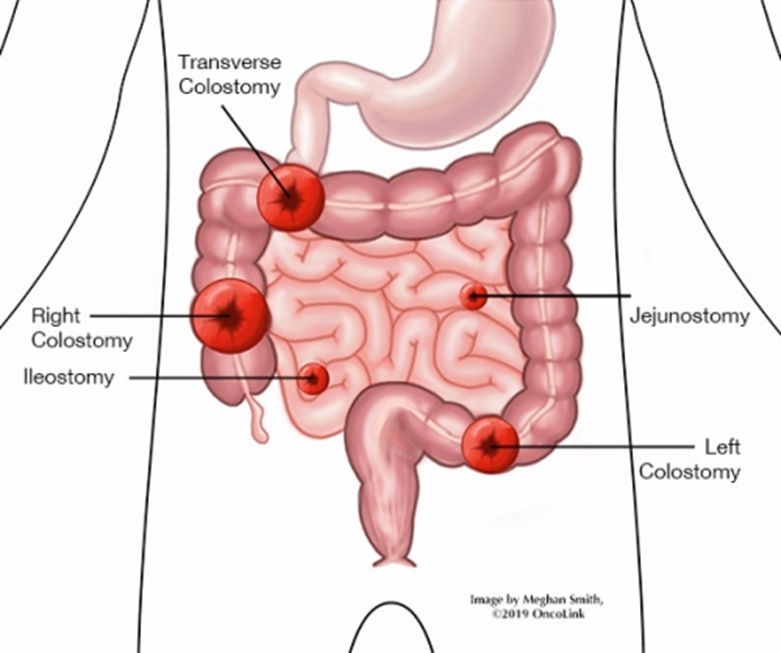A nurse is providing teaching to a client who has a history of pancreatitis. Which of the following food choices should the nurse instruct the client to avoid?
Cheddar cheese
Vegetable soup
Noodles
Baked fish
The Correct Answer is A
A. Cheddar cheese:
Cheddar cheese is high in fat, and individuals with a history of pancreatitis are often advised to limit their fat intake. High-fat foods can stimulate the pancreas to release digestive enzymes, potentially triggering or exacerbating pancreatitis.
B. Vegetable soup:
Depending on the ingredients, vegetable soup may or may not be high in fat. The key consideration is to choose soups that are not prepared with excessive amounts of fat or oil.
C. Noodles:
Noodles, by themselves, are not high in fat. However, the choice of sauce or toppings can impact the overall fat content of the meal. It's important to consider the entire composition of the dish.
D. Baked fish:
Baked fish is generally a lean protein source and is lower in fat compared to some other protein sources. Baked fish is often considered a suitable choice for individuals with a history of pancreatitis.
Nursing Test Bank
Naxlex Comprehensive Predictor Exams
Related Questions
Correct Answer is C
Explanation
A. Instruct the client that they can lift over 20 lbs:
Lifting heavy objects should be avoided postoperatively to prevent strain on the surgical site. The specific weight restriction may vary, but lifting heavy objects is generally discouraged.
B. Offer the client ice cream postoperatively:
While offering ice cream may be a comforting measure, it is not a specific action related to the recovery from a laparoscopic cholecystectomy.
C. Encourage ambulation once fully awake:
This is the correct action. Encouraging ambulation helps prevent complications such as blood clots and promotes recovery after laparoscopic surgery. Early mobility is generally encouraged unless contraindicated for specific reasons.
D. Place the client in a supine position postoperatively:
The position of the client postoperatively depends on the specific surgical procedure and the surgeon's preferences. However, placing the client in a supine position alone is not a comprehensive postoperative care action.
Correct Answer is C
Explanation
A. Clean the peristomal skin four times a day:
While keeping the peristomal skin clean is essential, cleaning it four times a day might be excessive and could lead to skin irritation. Typically, cleansing the area when changing the pouch or as needed is sufficient.
B. Hold pressure on the skin barrier for 10 to 15 seconds to secure the seal:
Applying gentle pressure upon application can assist in securing the seal, but the duration might vary based on the manufacturer's recommendations. It's important not to overly press or manipulate the barrier excessively, as it could cause skin trauma.
C. Empty the pouch when it is 1/3 full:
This is the correct advice. Regularly emptying the pouch prevents leakage and ensures the pouch does not become too heavy or cause skin irritation from weight or pressure.
D. Expect firm fecal content:
With an ileostomy, the fecal content tends to be more liquid compared to other types of ostomies like colostomies, so expecting firm fecal content might not be accurate for this situation.

Whether you are a student looking to ace your exams or a practicing nurse seeking to enhance your expertise , our nursing education contents will empower you with the confidence and competence to make a difference in the lives of patients and become a respected leader in the healthcare field.
Visit Naxlex, invest in your future and unlock endless possibilities with our unparalleled nursing education contents today
Report Wrong Answer on the Current Question
Do you disagree with the answer? If yes, what is your expected answer? Explain.
Kindly be descriptive with the issue you are facing.
